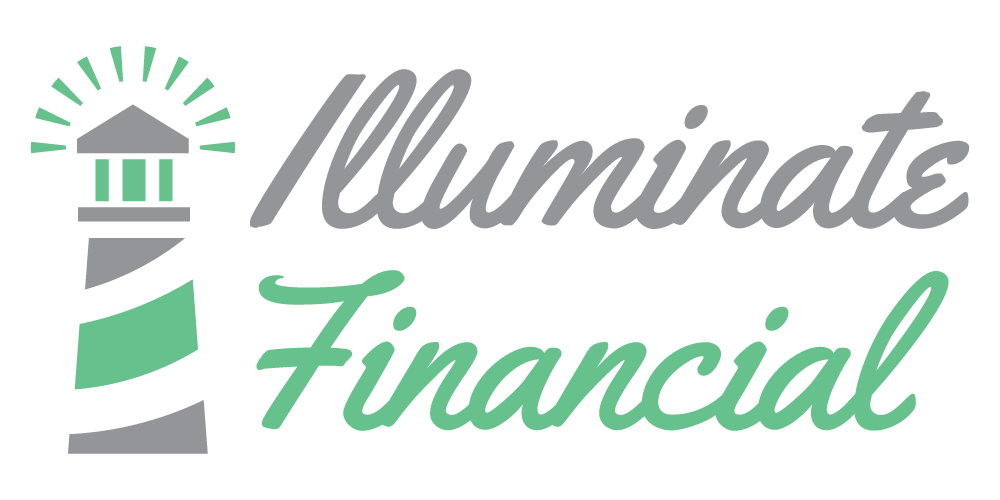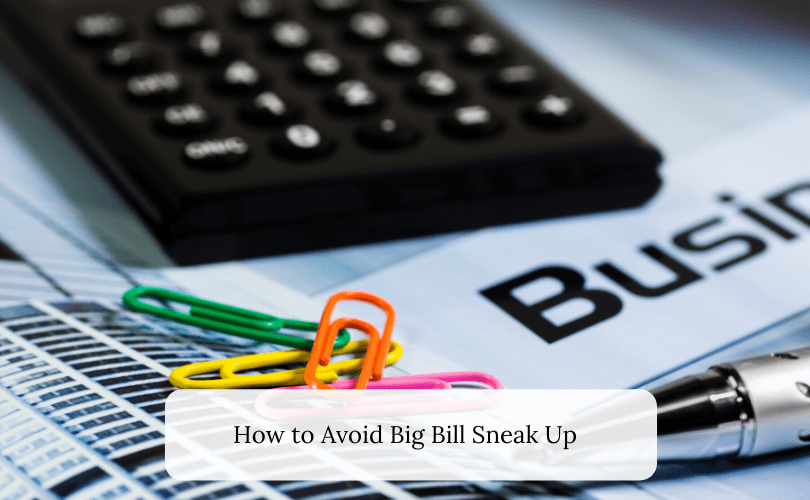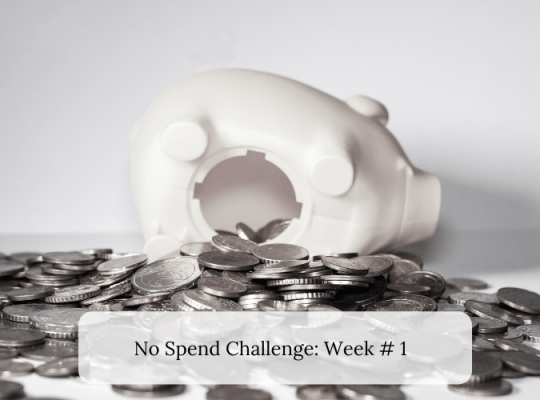We all have bills that we pay annually, semi-annually, quarterly, or on some other time schedule rather than monthly. And even though we know that the bill is due at a certain time, somehow, each time we are still surprised when suddenly the due date arrives. I call this “big bill sneak up”. And, with some planning, discipline, and a little bit of math, it is completely avoidable.
The first step in avoiding the big bill sneak up is to write down all of your bigger bills that you don’t pay on a monthly basis. This could include property taxes (if not included in your mortgage), car insurance, life insurance, and any other expenses that you know you have to afford at certain times. Some people even include Christmas spending in this category because it is an expense that comes along seasonally, and they want to be prepared. Once you have your list of big bills, write down the due dates and the amounts due so that you have a complete list of information to work from.
Here’s where the math comes in. After making your list, look at the frequency of each bill. If the bill is annual, divide the amount by twelve. If the bill is semi-annual, divide the bill by six; quarterly you will divide by three. This will give you the portion of your bill you should budget for each month.
Now what you will want to do is add each of these bills, pro-rated over time, into your monthly budget. Instead of paying the bill each month, move the monthly amount into a savings account, preferably a higher yield savings account that earns interest. Over time, if you save each month for each of these different bills, when the big bills come up you will have the funds to cover them without using your emergency savings or using credit.
One thing to note, this system can be tricky to time, if you start saving for a bill that is due in full next month today, you will be short in covering the bill. But with patience and dedication, you can start to put money away that can help reduce the big bills impact on your monthly spending. And eventually, you will have enough saved to cover each big bill as it comes due.
The benefit of this system is that you are making the bills a part of your monthly budget and you are accounting for them as you go. This eliminates big bill sneak up and helps you feel more prepared for predictable expenses, even if they are big. It also frees up your emergency fund for actual emergencies, which sadly are a part of life.
What is your strategy for dealing with big consistent expenses?








Great content! Super high-quality! Keep it up! 🙂